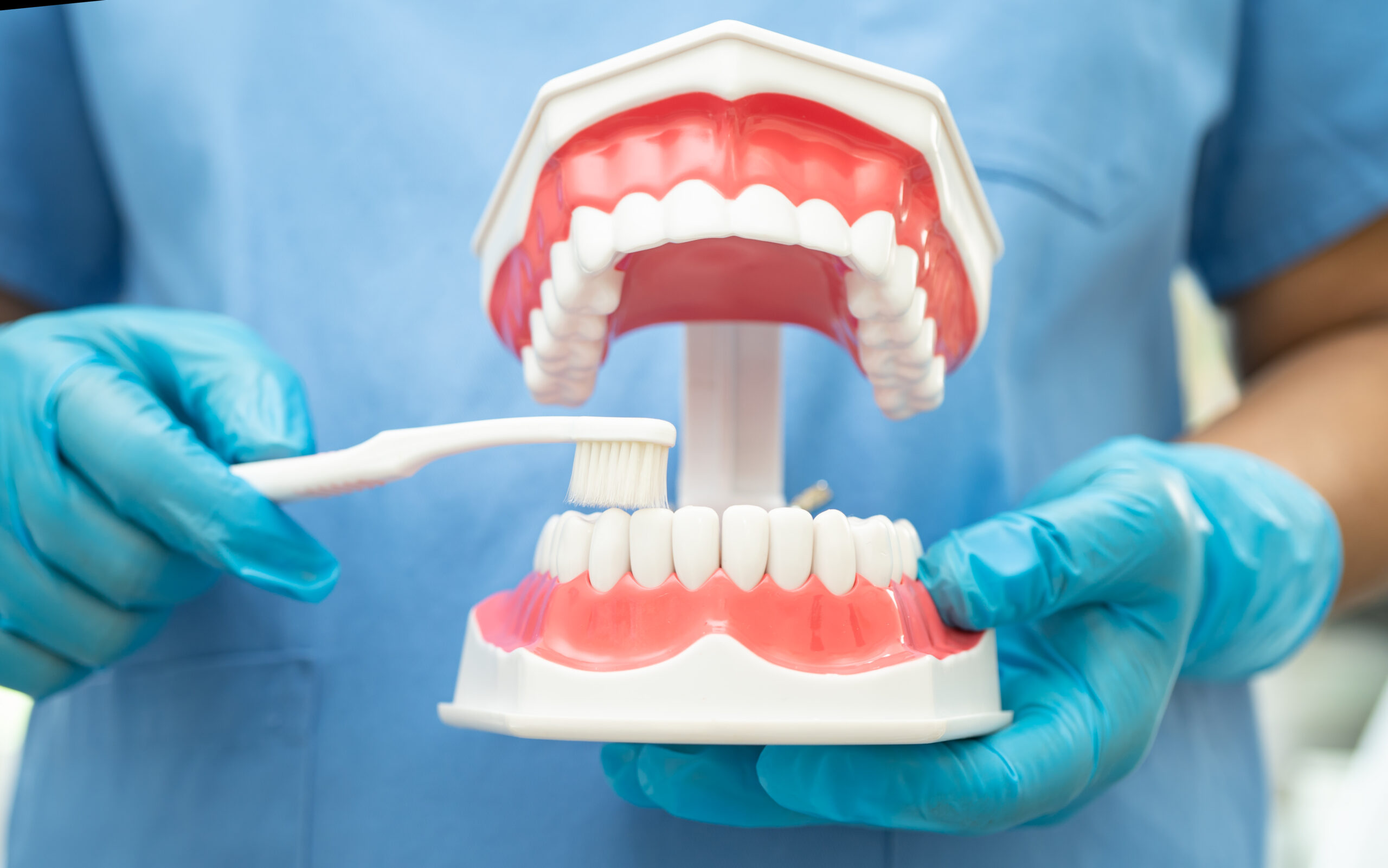Oral Cavity (mouth) is a gateway for your stomach. Everything you eat or drink passes through your mouth. This makes good oral health an essential part of overall health. Poor oral hygiene causes dental decay, leading to cavities and gum disease.
Dental decay and gum disease prevent proper chewing. Partially or unchewed food in the stomach can cause persistent stomachaches and watery bowel movements. Gum disease also causes bleeding and bone loss, leading to pocket formation between teeth. These pockets eventually cause teeth to loosen and fall out.
The loss of even a single tooth negatively impacts the rest of the teeth. It disrupts alignment (occlusion) and causes nearby teeth to drift or over-erupt into the empty space.
Researches have linked poor oral hygiene to various debilitating and incapacitating human diseases, as well as pregnancy-related issues. Though many people with cardiovascular disease have healthy gums and not every individual with gum disease develops heart problems but people with gum disease have 2-3 times greater risk of having a heart attack, stroke or other cardiovascular problems. Link between diabetes and gum diseases have also been established. The infections owing to untreated gum ailments causes the blood sugar to rise and make it difficult to control the diabetes. Cancer has also shown association with poor oral hygiene. Risk for kidney cancer, pancreatic cancer and blood cancers is much higher for people who have poor oral health.
Researchers have extensively studied the relationship between pregnancy and gum disease. They have found that around 70% of pregnant females suffer from gingivitis. If left untreated, gingivitis causes bone loss and loose teeth. Poor oral hygiene in pregnant females also leads to preterm births and low birth weight in newborns.
Studies have also shown that poor oral health adversely affects a person’s ability to eat, speak, smile, or stay healthy. It also lowers self-esteem and impacts attendance and performance at work.




